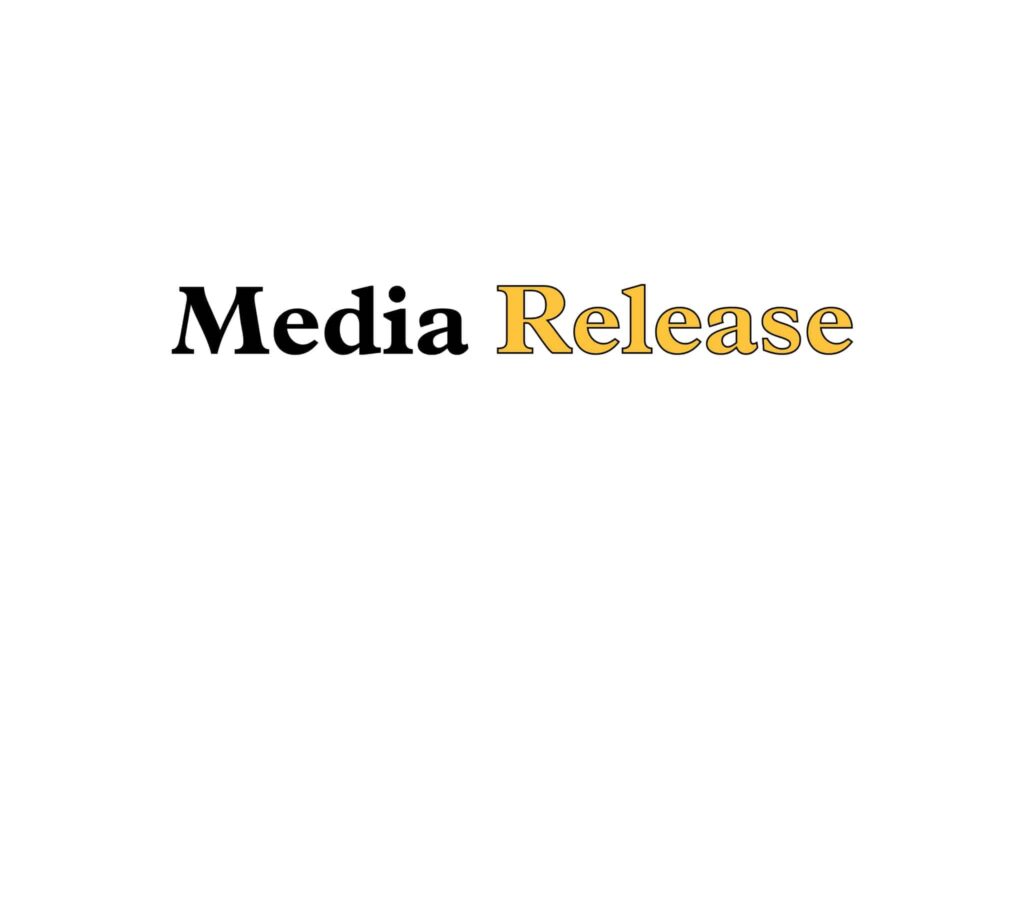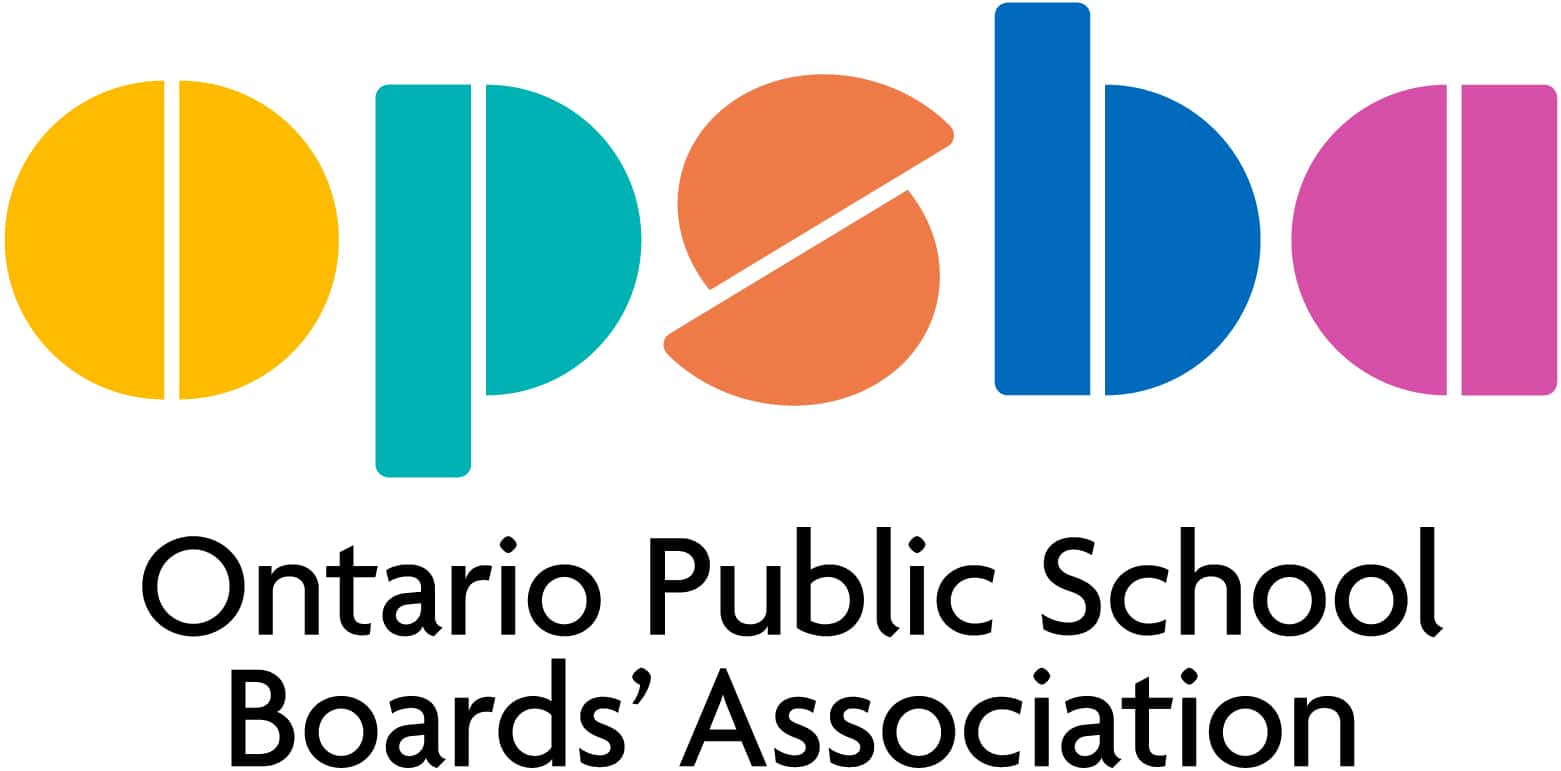
“We are tremendously grateful for the incredible dedication and resilience of healthcare workers, frontline workers in long-term care and elsewhere, and indeed for all essential workers during the pandemic. In our sector, we are particularly grateful for and proud of the work that all those working in public education have done for our students.
The past 11 months have been a period of constant change and uncertainty for the education system. Whether it was transitioning to online learning, finding innovative ways to provide the support that is so essential to the mental health and well-being of our students, or implementing new health and safety protocols, teachers, education workers, and school board staff have repeatedly risen to the challenges caused by the pandemic. Parents, guardians, and of course students, have all had to adapt to extremely challenging circumstances and our school communities are tired and stressed. The regularly scheduled March Break would provide a much-needed time to rest and recharge, and would help ensure that our staff, students, and school communities are best-positioned to face the remainder of the school with a renewed focus.
With that said, OPSBA has repeatedly stated throughout the pandemic that decisions such as these should be made by public health experts. These decisions must be made with the goal of minimizing the risk of exacerbating the pandemic, however, it is essential to also consider the impacts to student and staff mental health and well-being. We know that whatever decision is made, our member school boards will continue to do their best to support their students and staff through these challenging times.
The importance of our public education system has never been clearer. As we’ve said previously, school boards need sufficient resources and local flexibility to implement programs that will continue to provide opportunities to promote student achievement and well-being. Accordingly, we encourage the provincial government to make the necessary investments in areas like child and youth mental health and special education to ensure that our system is best-equipped to meet the needs of our students during these uniquely challenging times.
We encourage everyone to follow public health guidelines to ensure that we are able to safely return to traditional, in-person learning.”
Cathy Abraham, President


